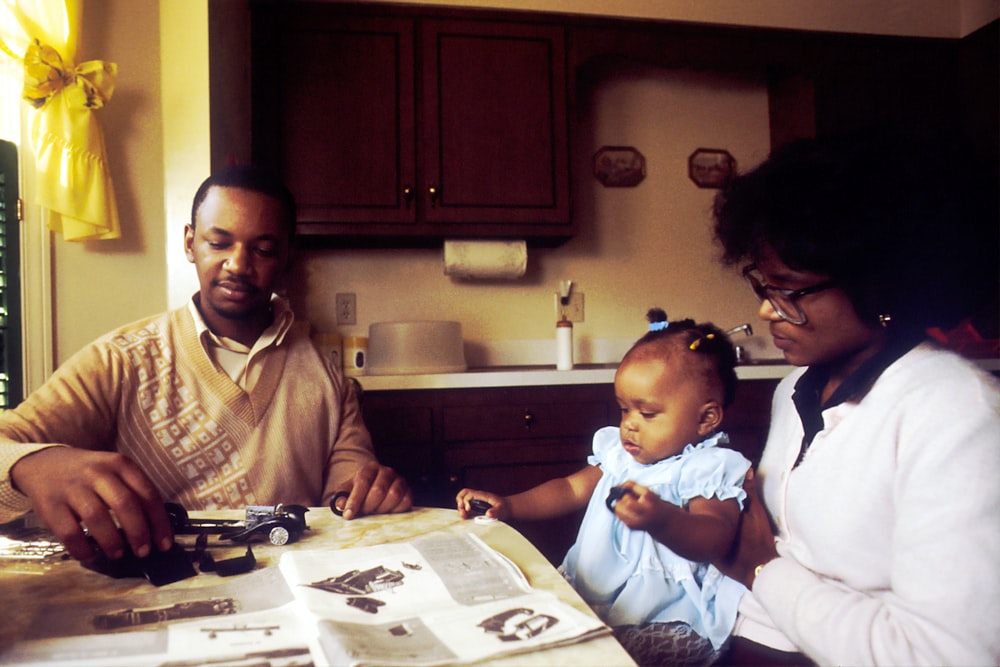Exploring the Concept of Medical Homes
A Paradigm Shift in Healthcare
In recent years, the concept of medical homes has been gaining traction in the realm of healthcare. Far from being just another buzzword, medical homes represent a fundamental shift in how we approach patient care. Gone are the days of fragmented, episodic treatment; instead, medical homes offer a holistic, patient-centered approach that prioritizes coordination, continuity, and collaboration.
Understanding the Medical Home Model
At its core, the medical home model revolves around the idea of a central hub for all of a patient’s healthcare needs. Rather than bouncing between specialists and facilities, patients have a designated medical home—a primary care provider or team—who oversees and coordinates their care. This provider serves as the patient’s advocate, guiding them through the complex healthcare system and ensuring that all aspects of their health are addressed comprehensively.
Emphasizing Continuity of Care
One of the hallmarks of the medical home model is continuity of care. Patients develop long-term relationships with their primary care providers, allowing for personalized, proactive care that extends beyond episodic treatment of acute illnesses. This continuity fosters trust and communication, empowering patients to take an active role in their health and well-being.
Promoting Comprehensive Care Coordination
In a medical home, care coordination is paramount. Providers work together seamlessly to ensure that all aspects of a patient’s care—whether medical, behavioral, or social—are integrated and aligned. This interdisciplinary approach not only improves health outcomes but also reduces redundancies, errors, and costs associated with fragmented care.
Enhancing Access and Convenience
Medical homes strive to make healthcare more accessible and convenient for patients. By offering extended hours, same-day appointments, telehealth services, and patient portals, medical homes remove barriers to care and empower patients to seek help when they need it most. This proactive approach to access ensures that patients receive timely, appropriate care, leading to better outcomes and satisfaction.
Empowering Patients as Partners in Care
Central to the medical home model is the concept of patient-centered care. Providers engage patients as partners in decision-making, respecting their values, preferences, and goals. Through shared decision-making and patient education, medical homes empower individuals to take ownership of their health and make informed choices that align with their unique needs and circumstances.
Fostering a Culture of Prevention and Wellness
In addition to treating illness, medical homes prioritize preventive care and wellness promotion. Providers conduct routine screenings, vaccinations, and health assessments to detect and address potential issues early on. They also emphasize lifestyle modifications, such as diet, exercise, and stress management, to prevent chronic conditions and optimize overall health and well-being.
Navigating the Complex Healthcare Landscape
In today’s complex healthcare landscape, navigating the system can be daunting for patients. Medical homes serve as guides, helping individuals navigate insurance, referrals, specialist care, and community resources. This advocacy ensures that patients receive the right care, in the right place, at the right time, leading to improved outcomes and satisfaction.
Championing Health Equity and Inclusion
Medical homes are committed to addressing health disparities and promoting health equity for all individuals, regardless of race, ethnicity, socioeconomic status, or geographic location. Providers strive to understand and address the unique needs and challenges faced by diverse populations, advocating for policies and practices that promote inclusivity, accessibility, and cultural competence.
Looking Ahead: The Future of Healthcare
As we look to the future of healthcare, the medical home model offers a promising path forward. By prioritizing patient-centered, coordinated care, medical homes have the potential to improve outcomes, enhance patient experience, and reduce costs across the healthcare continuum. As more practices adopt this transformative approach, we can expect to see a shift towards a more efficient, effective, and equitable healthcare system for all. Read more about medical home

